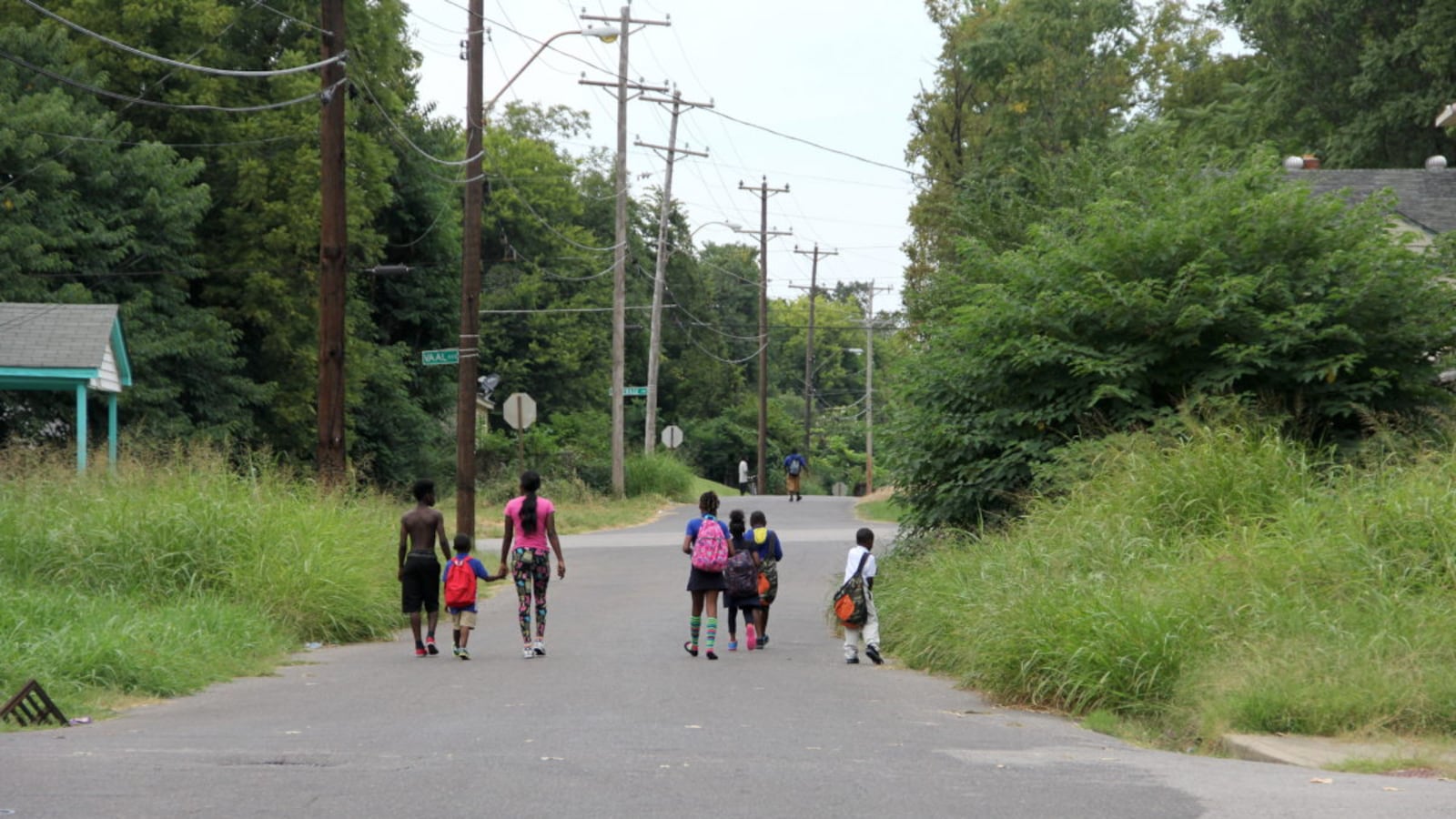Shelby County Schools is developing guidelines that would determine if a neighborhood has too many charter schools, addressing a longtime concern of school board members.
The charter school guidelines, called the Educational Priorities Document/Rubric in a proposed district policy on charter schools, would also prioritize what the district wants charter schools to focus on, such as early literacy.
Board members would be able to systematically slow the growth of charter schools in Memphis, which has swelled to 54 since the state legislature approved their creation in 2002.
“We need to defend ourselves through policy if we’re not expanding in Frayser,” for example, said board member Kevin Woods about the neighborhood during a meeting on the proposed policy Thursday afternoon. “We shouldn’t let another day go by that it’s not addressed in policy.”
The district’s charter school office has used a prototype of the guidelines to inform board members about the number of schools in neighborhoods and how they were doing. But the information was never used to make final decisions. (See appendix here.)
The state does not require districts to determine if there are too many schools in a neighborhood when considering charter school applications. (See map of schools by type in Memphis.)
But as more students choose charter schools, district buildings are left with fewer students and more overhead costs, school board members have said. Plus, a portion of state funding follows every child that enrolls in charter schools, which are run by nonprofits. About 14 percent of Shelby County Schools students attend a charter school.
The policy comes more than a year after charter and district leaders came up with compromises on thorny issues such as charters leasing district buildings and paying for district oversight, and the process for revoking charters. Former superintendent Dorsey Hopson urged the school board to come up with a policy to address neighborhood saturation over the summer when the board approved its latest round of charters.
“No surprise, we have too many schools in Memphis,” Hopson said in August. “If you got 12 schools in a three-mile radius… and all of them are underenrolled, we’re not serving kids well.”
The proposed policy is due for the second of three readings with some changes during the school board’s March meeting, said board member Miska Clay Bibbs.

